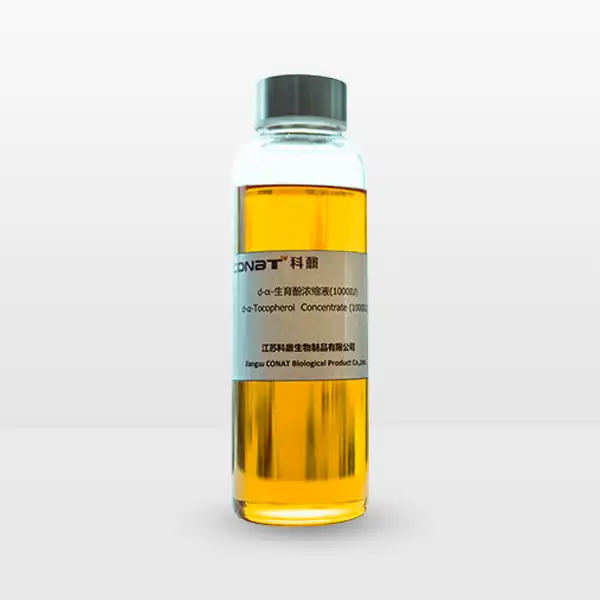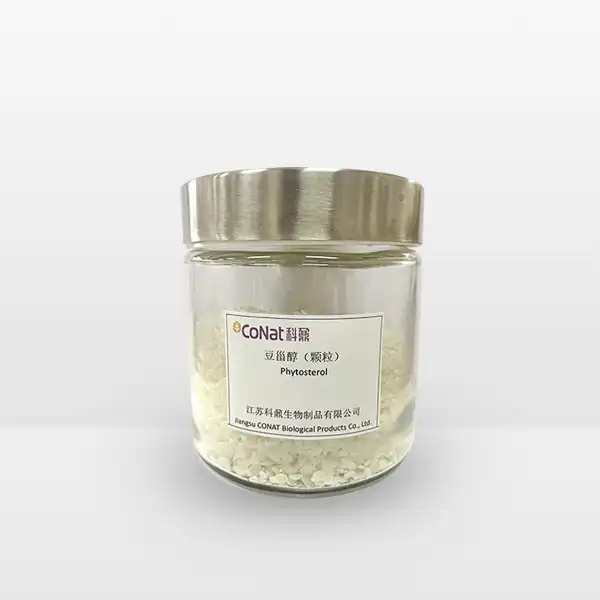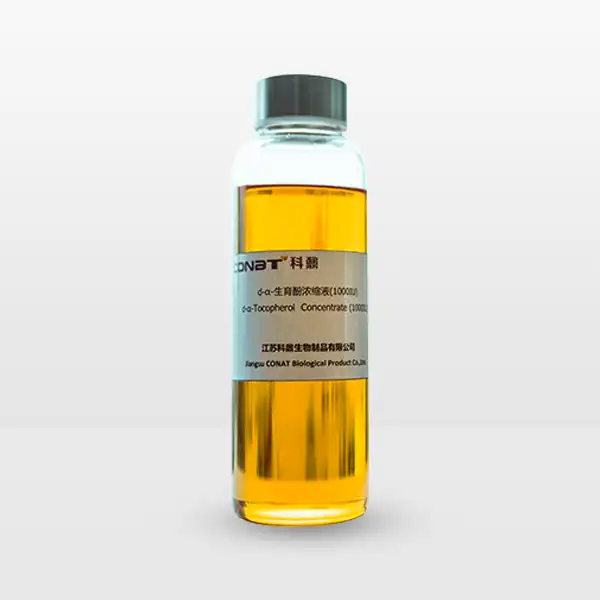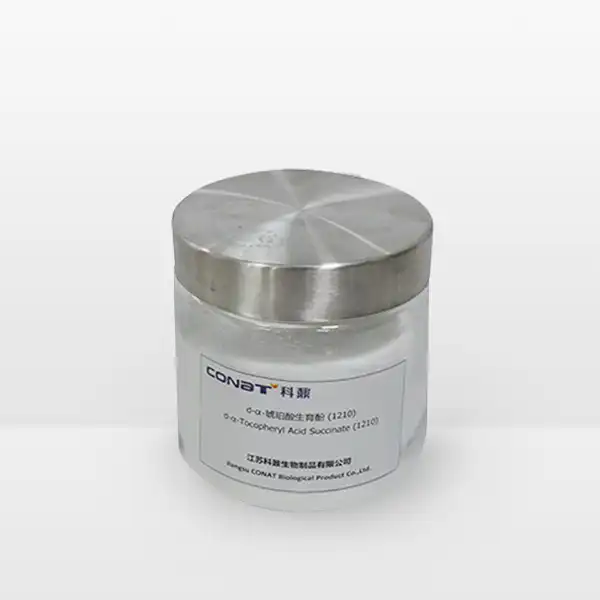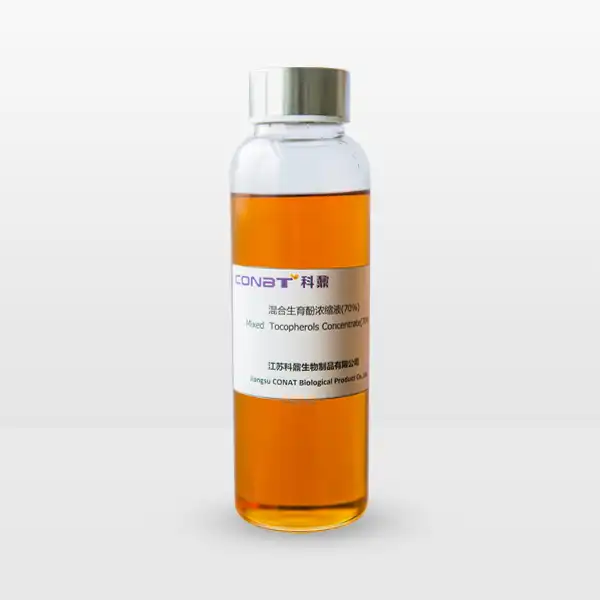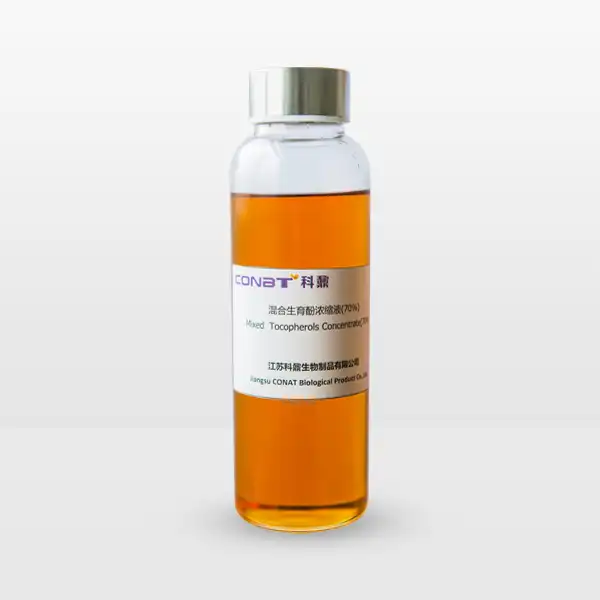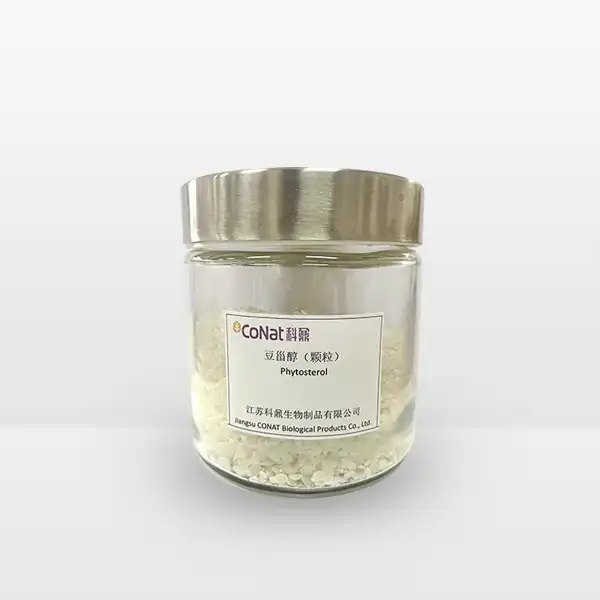- English
- French
- German
- Portuguese
- Spanish
- Russian
- Japanese
- Korean
- Arabic
- Greek
- German
- Turkish
- Italian
- Danish
- Romanian
- Indonesian
- Czech
- Afrikaans
- Swedish
- Polish
- Basque
- Catalan
- Esperanto
- Hindi
- Lao
- Albanian
- Amharic
- Armenian
- Azerbaijani
- Belarusian
- Bengali
- Bosnian
- Bulgarian
- Cebuano
- Chichewa
- Corsican
- Croatian
- Dutch
- Estonian
- Filipino
- Finnish
- Frisian
- Galician
- Georgian
- Gujarati
- Haitian
- Hausa
- Hawaiian
- Hebrew
- Hmong
- Hungarian
- Icelandic
- Igbo
- Javanese
- Kannada
- Kazakh
- Khmer
- Kurdish
- Kyrgyz
- Latin
- Latvian
- Lithuanian
- Luxembou..
- Macedonian
- Malagasy
- Malay
- Malayalam
- Maltese
- Maori
- Marathi
- Mongolian
- Burmese
- Nepali
- Norwegian
- Pashto
- Persian
- Punjabi
- Serbian
- Sesotho
- Sinhala
- Slovak
- Slovenian
- Somali
- Samoan
- Scots Gaelic
- Shona
- Sindhi
- Sundanese
- Swahili
- Tajik
- Tamil
- Telugu
- Thai
- Ukrainian
- Urdu
- Uzbek
- Vietnamese
- Welsh
- Xhosa
- Yiddish
- Yoruba
- Zulu
Can Beta Sitosterol Complex Lower Cholesterol Levels?
Cholesterol management remains a critical health concern for millions worldwide, with individuals constantly seeking effective and natural solutions to maintain healthy lipid levels. Beta-sitosterol complex has emerged as a promising natural compound that potentially offers hope for those struggling with cholesterol management. This comprehensive exploration delves into the scientific understanding of beta-sitosterol, its mechanisms of action, and its potential role in supporting cardiovascular health through cholesterol reduction.
Can Beta Sitosterol Complex Be a Natural Alternative to Statins?
The quest for natural cholesterol management strategies has led researchers and health enthusiasts to investigate beta-sitosterol complex as a potential alternative to traditional pharmaceutical interventions. Statins, while widely prescribed, often come with significant side effects that can discourage long-term use. Beta-sitosterol, a plant sterol found in various fruits, vegetables, nuts, and seeds, presents an intriguing natural option for individuals seeking comprehensive cholesterol support.
Plant sterols, including beta-sitosterol, belong to a class of compounds structurally similar to cholesterol but with unique biological properties. These compounds work through a remarkable mechanism of cholesterol absorption inhibition. When consumed, beta-sitosterol competes with dietary cholesterol in the intestinal tract, effectively reducing cholesterol absorption and subsequently lowering overall serum cholesterol levels.
Multiple scientific studies have demonstrated the potential of beta-sitosterol in cholesterol management. A meta-analysis published in the Journal of Nutritional Biochemistry revealed that consistent consumption of plant sterols could reduce LDL cholesterol levels by approximately 8-10% without significant adverse effects. This reduction is particularly significant for individuals with mild to moderate cholesterol imbalances who are seeking alternative management strategies.
The mechanism behind beta-sitosterol's cholesterol-lowering effect is rooted in its molecular structure. Unlike synthetic compounds, beta-sitosterol naturally interacts with the body's cholesterol absorption mechanisms. It blocks cholesterol receptors in the intestinal wall, preventing dietary cholesterol from entering the bloodstream. This unique interaction allows for a gentle yet effective approach to cholesterol management.
Comparative studies between beta-sitosterol complex and traditional statins have shown promising results. While statins work by inhibiting cholesterol production in the liver, beta-sitosterol operates through absorption prevention. This different mechanism of action suggests that beta-sitosterol could be a complementary approach, potentially used in conjunction with or as an alternative to conventional treatments.
Furthermore, beta-sitosterol offers additional benefits beyond cholesterol management. Research indicates potential anti-inflammatory properties and support for overall cardiovascular health. Unlike statins, which can potentially cause muscle pain, liver enzyme alterations, and other side effects, beta-sitosterol demonstrates a more favorable safety profile.
How Does Beta Sitosterol Impact Cardiovascular Health?
Cardiovascular health extends far beyond simple cholesterol numbers, encompassing a complex network of physiological processes and interactions. Beta-sitosterol complex emerges as a multifaceted compound that potentially supports cardiovascular wellness through various interconnected mechanisms.
The relationship between cholesterol levels and cardiovascular risk is well-established. Elevated LDL cholesterol contributes to arterial plaque formation, increasing the risk of heart disease, stroke, and other cardiovascular complications. Beta-sitosterol's ability to modulate cholesterol absorption represents a critical intervention point in this intricate health landscape.
Scientific investigations have uncovered additional cardiovascular benefits associated with beta-sitosterol. Beyond cholesterol reduction, research suggests potential anti-inflammatory effects that could mitigate cardiovascular disease risk. Chronic inflammation plays a significant role in endothelial dysfunction and arterial damage, making beta-sitosterol's anti-inflammatory properties particularly noteworthy.
Oxidative stress represents another critical factor in cardiovascular deterioration. Beta-sitosterol demonstrates antioxidant capabilities, helping neutralize free radicals that can damage arterial walls and contribute to plaque formation. This antioxidant action complements its cholesterol-managing properties, offering a comprehensive approach to cardiovascular protection.
Emerging research also explores beta-sitosterol's potential in improving endothelial function. The endothelium, a thin membrane lining blood vessels, plays a crucial role in regulating blood flow, inflammation, and vascular tone. Studies suggest that beta-sitosterol may support endothelial health by reducing oxidative stress and promoting more efficient blood vessel function.
Metabolic syndrome, characterized by a cluster of conditions including high blood pressure, elevated blood sugar, and abnormal cholesterol levels, represents a significant cardiovascular risk. Beta-sitosterol complex shows promise in addressing multiple aspects of metabolic syndrome, potentially offering a holistic approach to cardiovascular wellness.
The complex's potential extends to lipid profile optimization. Beyond reducing LDL cholesterol, some studies indicate that beta-sitosterol might help increase HDL cholesterol levels—the "good" cholesterol responsible for removing excess cholesterol from the bloodstream. This dual action provides a more comprehensive lipid management strategy.
Is Beta Sitosterol Complex Effective for Long-Term Cholesterol Management?
Long-term health management requires sustainable, consistent approaches that can be integrated seamlessly into an individual's lifestyle. Beta-sitosterol complex presents an intriguing option for individuals seeking a natural, potentially long-term solution for cholesterol management.
Clinical longevity studies have provided insights into the sustained effectiveness of beta-sitosterol. Unlike some interventions that show diminishing returns over time, beta-sitosterol demonstrates consistent cholesterol-lowering capabilities across extended usage periods. Longitudinal research tracking participants over multiple years indicates that regular consumption can maintain cholesterol-lowering benefits without significant tolerance development.
The safety profile of beta-sitosterol complex further supports its potential as a long-term management strategy. Most clinical trials report minimal adverse effects, with participants experiencing consistent tolerability. This characteristic distinguishes beta-sitosterol from pharmaceutical interventions that often require periodic dosage adjustments or medication changes due to side effects.
Dietary integration represents another advantage of beta-sitosterol complex. Unlike strict pharmaceutical regimens, beta-sitosterol can be incorporated through dietary sources or supplements, offering flexibility in consumption. Individuals can choose between whole food sources rich in plant sterols or concentrated supplement forms, depending on their preferences and health goals.
Personalized medicine continues to evolve, emphasizing individualized treatment approaches. Beta-sitosterol complex aligns with this paradigm by offering a adaptable intervention that can be tailored to individual metabolic profiles. Genetic variations in cholesterol metabolism mean that different individuals may respond uniquely to interventions, and beta-sitosterol's natural mechanism provides a gentler approach.
The potential synergistic effects of beta-sitosterol with lifestyle modifications enhance its long-term management potential. When combined with heart-healthy diets, regular exercise, and stress management, beta-sitosterol complex can be part of a comprehensive cardiovascular wellness strategy.
Conclusion
Beta-sitosterol complex represents a promising natural approach to cholesterol management, offering potential benefits across multiple health parameters. While further research continues to explore its full capabilities, current scientific evidence suggests a compelling case for its consideration in cardiovascular health strategies.
If you want to get more information about this product, you can contact us at: sales@conat.cn.
References
1. Moghadasian, M. H. (2000). Clinical pharmacology of 3-hydroxy-3-methylglutaryl coenzyme A reductase inhibition. Effects of statins on nonlipid risk factors. Pharmacotherapy, 20(7), 759-771.
2. Berquin, I. M., et al. (2006). Plant sterols: factors affecting their efficacy and safety as functional food ingredients. Lipids in Health and Disease, 5, 4.
3. AbuMweis, S. S., et al. (2008). Plant sterols/stanols as cholesterol lowering agents: A meta-analysis of randomized controlled trials. Food & Nutrition Research, 52(1), 1811.
4. Lütjohann, D., et al. (2004). Sterol absorption and sterol balance in phytosterolemia evaluated by deuterium-labeled sitosterol kinetics. Journal of Lipid Research, 45(6), 1049-1055.
5. Malinowski, J. M., & Gehret, M. M. (2010). Phytosterols for lipid management. The Annals of Pharmacotherapy, 44(11), 1839-1844.
6. Ras, R. T., et al. (2014). LDL-cholesterol-lowering effect of plant sterols and stanols across different dose ranges: a meta-analysis of randomised controlled studies. British Journal of Nutrition, 112(2), 214-219.
7. Kritchevsky, D., & Essential, M. (2005). Phytosterols: clinical perspectives. Nutrition Reviews, 63(9), 293-306.
8. Jones, P. J., & AbuMweis, S. S. (2009). Phytosterols as functional food ingredients: Implications for cardiovascular health. Nutrition Reviews, 67(8), 483-498.
9. Calpe-Berdiel, L., et al. (2009). New insights into the molecular mechanisms of plant sterols and stanols in human health. Journal of Agricultural and Food Chemistry, 57(22), 10843-10851.
10. Weingärtner, O., et al. (2010). Relationship between cholesterol metabolism and a systemic inflammatory response. Atherosclerosis, 210(1), 102-108.
